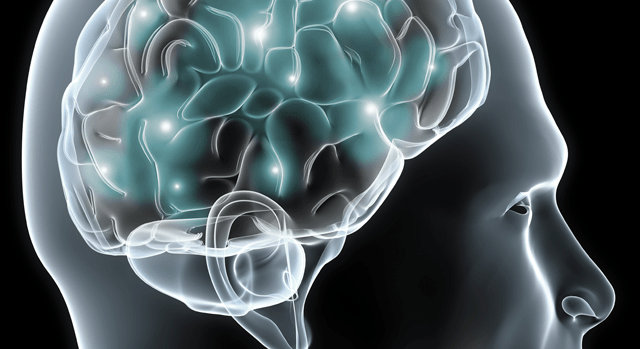Treating Disorders of the Brain, Spine and Peripheral Nerves
Neurosurgeons at South Texas Health System Edinburg provide surgical treatment of issues affecting the nervous system, which is formed by the brain, spine and peripheral nerves.
Neurosurgeons treat a wide range of disorders, including:
- Muscle disorders and pain
- Headache
- Epilepsy
- Neuritis
- Brain and spinal cord tumors
- Multiple sclerosis
- Parkinson's disease
- Stroke
- Myasthenia gravis
- Muscular dystrophy
Find a Doctor
To find a doctor that's right for you, call the South Texas Health System Reserve and Learn line at 800-879-1033.
Minimally Invasive Spine Surgery
Minimally invasive spine surgery is the performance of surgery through tiny incisions, usually with the aid of microscopes or endoscopic visualization (very small devices or cameras designed for viewing internal portions of the body). Minimally invasive spine surgery was developed to effectively treat disorders of the spinal discs with minimal muscle-related injury and with rapid recovery.
These techniques can offer several advantages, including a few small scars instead of one large scar, minimal muscle-related injury, a shorter hospital stay, reduced post-operative pain, a shorter recovery and the ability to return to work and daily activities sooner.
Spinal Tumors
Spinal tumors may be cancerous (malignant) or non-cancerous (benign). The treatment of benign tumors depends on symptoms such as pain or lack of mobility, and may be treated with a watch-and-wait approach, various medications, radiation or surgery. Malignant tumors can be treated with radiation and chemotherapy. Surgery can often be used in addition to these treatments to relieve pain, stabilize the spine and improve quality of life.
Diseases of the Brain
South Texas Health System Edinburg treats a variety of diseases of the brain, including:
Brain Tumors
A brain tumor is an abnormal growth of tissue in the brain that can originate in the brain or travel to the brain from another part of the body. Like spinal tumors, brain tumors fall into two categories: benign or malignant.
Benign tumors usually do not recur once they are removed and do not invade surrounding tissue. However, they cause symptoms similar to cancerous tumors because of their size and location in the brain.
Malignant brain tumors contain cancer cells. They are usually fast growing and invade tissue, but they rarely spread to other areas of the body. Malignant tumors can recur after treatment. Sometimes, brain tumors are not cancer, but they are called malignant because of their size and location. Also, they can damage vital functions of the brain.
Epilepsy
Epilepsy is a neurological condition involving the brain that makes people more susceptible to seizures. A seizure occurs when parts of the brain receive a burst of abnormal electrical signals that temporarily interrupts normal brain function.
There are various types of seizures. The type depends on which part of the brain is affected and what happens during the seizure. The two broad categories are generalized and focal seizures.
Otherwise known as partial seizures, focal seizures occur when abnormal electrical brain function occurs on one side of the brain. Focal seizures are sub-categorized as either simple or complex seizures.
Generalized seizures involve both sides of the brain. There is a loss of consciousness during these seizures. The different types of generalized seizures include absence, atonic, tonic, clonic, tonic-clonic and myoclonic.
- Absence: A brief period of staring, when awareness and responsiveness are impaired. Usually, people don't realize they have had an absence seizure.
- Atonic: Muscles suddenly lose strength; the head may nod and the person may drop things and often falls to the ground. They usually remain conscious.
- Tonic: Muscles in the body, arms or legs suddenly stiffen, often during during sleep.
- Clonic: There is a rapid contraction and relaxation of the muscle, creating a jerking motion. The movement cant be stopped through restraint. They are, however, rare.
- Tonic-clonic: A mix of characteristics from tonic and clonic seizures. The tonic phase comes first followed by the clonic phase. Consciousness returns slowly and the person may be drowsy or confused.
- Myoclinic: Very brief jerks that usually don't last more than two seconds. They are short shock-like jerks of the muscle.
Parkinson's Disease
Parkinson's disease is a disorder that affects nerve cells, or neurons, in a part of the brain that controls muscle movement. In Parkinson's disease, neurons that make dopamine, a chemical that sends signals that help coordinate movements, die or become impaired. The cause of the neuron damage is unknown.
Find a Doctor
To find a doctor that's right for you, call the South Texas Health System Reserve and Learn line at 800-879-1033.

